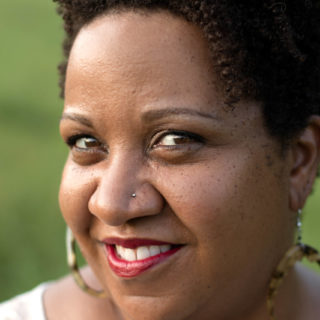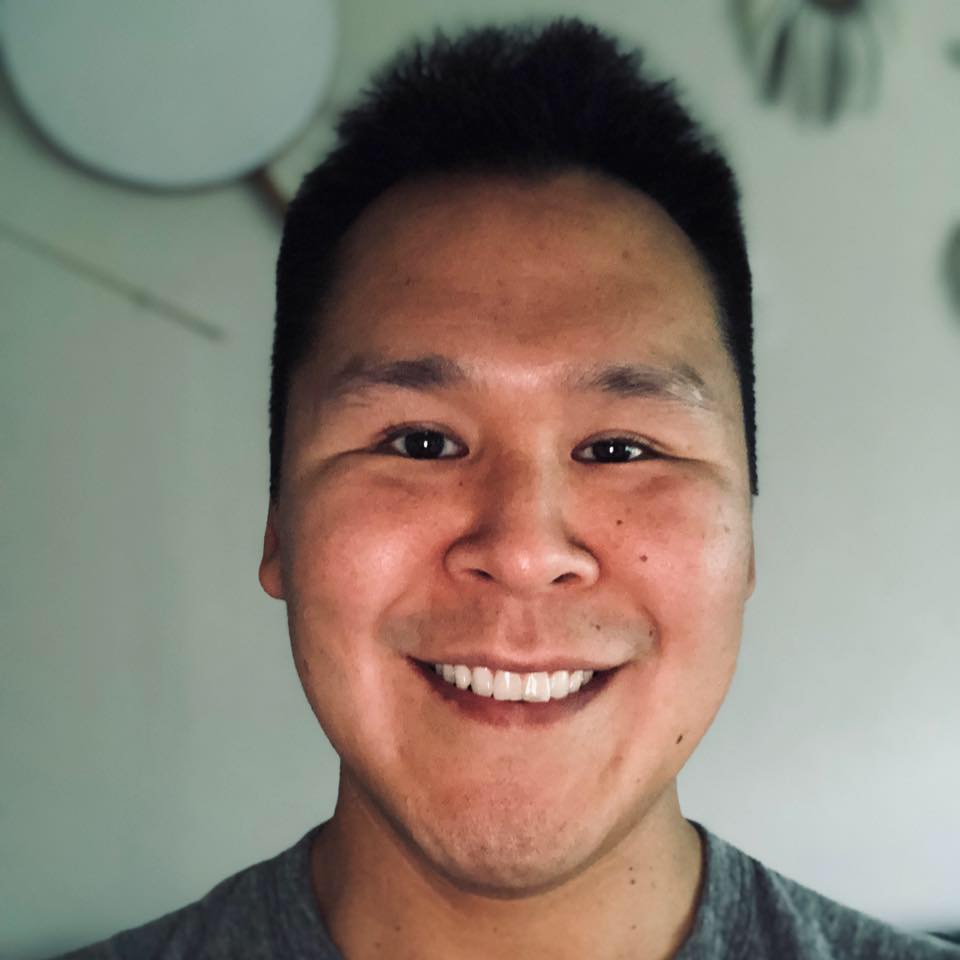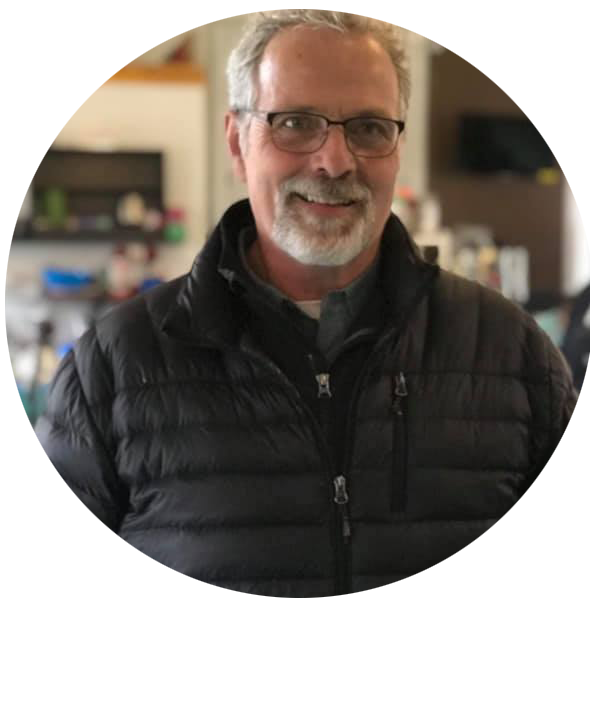Changing systems means changing GOVERNANCE Systems
“Transforming a culture of violence can make equity more possible,” says Alexis Flanagan, co-director of Resonance Network, a movement of people taking action to shape culture and governance that centers the wellbeing of all people.
The work of restoring and regenerating our current systems will take new ways of governing for complexity. “We can’t end violence against women and girls without also addressing the environment and climate crisis, because they’re all connected,” she says.

Alexis Flanagan, Co-director of the Resonance Network
The deep work of transforming our basic worldviews and rebuilding the infrastructure of systems that honor the intrinsic worth of everyone is the basis for Resonance Network’s #WeGovern campaign.
They define governance as “the process by which people determine the norms and rules that guide people’s everyday life and behavior, including:
- How we choose to live together,
- How we choose to recognize and uphold each other’s well-being and freedom,
- How we choose to use our resources together,
- How we choose to build systems and structures that reflect our shared values, and
- How we choose to care for the land, which provides us everything we need.”
Nicholai Joekay, an Alaskan Native, shares, “When an elder in my community was asked about life prior to contact with the outside, he said, ‘Everything was complete.’ We had our own medical system, justice system; it had taken many generations to create that kind of harmony [note: self-governance]. With colonization, now we have to find ways to earn currency, earn status, get access to things. We were told our language and culture are not good enough. That wrecked our world. Many sent to boarding schools still carry that trauma with them, and we’re suffering the consequences of that today.”
The work of transforming and rebuilding the infrastructure of systems means governing in ways that heal and regenerate, and do not perpetuate harm.
Joekay is a Regional Co-chair of The Alliance: United to Prevent Alcohol Misuse and Promote Community Wellbeing, a cross-sector initiative that seeks to restore community wellness for all Alaskan communities, by doing the slow and intentional work of changing the systems that have perpetuated inequity and harm.

Nicholai Joekay, Regional Co-chair of The Alliance: United to Prevent Alcohol Misuse and Promote Community Wellbeing
Changing systems means governing toward the well-being of future generations. Hope Finkelstein is a founding member of the Alliance in Alaska. She emphasizes their network’s focus on preventing alcohol misuse by working on upstream causes and the deeper social conditions, health disparities, and inequities that lead to addiction.
Ohio’s Winding Road is a network that is changing the economic model of Southeast Ohio. John Winnenberg, the Network Manager, says that a diverse group of mostly coal-impacted communities in southeastern Ohio is at the crossroads. Once a mineral extraction economy, a new development, an “experience economy” of authentic products and services for residents and visitors, could bring real social and economic benefits.
But unbridled — i.e. ungoverned — tourism and vacation economy could potentially be as extractive, landscape changing, and unsustainable as the last development boom; rural residents could again be exploited for cheap labor, and natural/ cultural assets could be again extracted as commodities.

John Winnenberg, a key organizer in Ohio’s Winding Road, an economic development, sustainable tourism initiative.
A liberating change means governing toward equity. One way to express it is that when equity is present, everyone is able to live to their fullest potential. This means more than representation and more than just eliminating disparities.
Networks are a Structure for New Governance Systems
Increasingly, networks are forming the basic infrastructure for governance systems, and they are being designed for complexity, healing, regeneration, well-being, equity, and future generations.
David Renz, in Reframing Governance III, talks about a governance phenomenon happening on every continent. He says governance processes have moved beyond any individual board’s ability to encompass, because no single organization can “match the scale required for the most critical and substantive community issues.” Nor can any single government. “It has become increasingly necessary to develop alliances and coalitions — extra-organizational entities — to address the multifaceted complexity of these critical needs and issues. And the most successful systems we’ve developed to govern these alliances reflect the same scale and complexity as the alliances themselves.”
Thus, participation is likely to include a mix of individuals and organizations, ad hoc groups, governmental organizations, and even for-profit businesses, in addition to nonprofits, who all have a part to play. This emerging form of governance moves the locus of control beyond any one organization.
“This networked dynamic also reflects an increasingly democratic mode of organizing—at its best, it ties the action more closely than ever to the community to be served (and that community’s members will be actively engaged in the governance processes in play).
“These new levels of organizing have all the elements of an ‘organization,’ but …their elements just don’t look like our conventional organizational elements. Their operating imperative demands that they differ, so the successful model of organization and governance needs to be different as well.”
Governance is not about what we do, it’s about how we do everything.
So what does it take to create a successful model of organization and governance for networks that aim to change systems?
Designing network governance systems means addressing an interconnected set of design issues. We explore these design issues in depth in Part II of this series: Thriving + Equitable Systems are Governed by Good Network Design.

